Peugeot 308 vs VW T-Cross - Differences and prices compared
Compare performance (195 HP vs 150 HP), boot space and price (29200 £ vs 21400 £ ) at a glance. Find out which car is the better choice for you – Peugeot 308 or VW T-Cross?
Costs and Efficiency:
Price and efficiency are often the first things buyers look at. Here it becomes clear which model has the long-term edge – whether at the pump, the plug, or in purchase price.
VW T-Cross has a distinct advantage in terms of price – it starts at 21400 £ , while the Peugeot 308 costs 29200 £ . That’s a price difference of around 7843 £.
Fuel consumption also shows a difference: Peugeot 308 manages with 2.30 L and is therefore decisively more efficient than the VW T-Cross with 5.40 L. The difference is about 3.10 L per 100 km.
Engine and Performance:
Under the bonnet, it becomes clear which model is tuned for sportiness and which one takes the lead when you hit the accelerator.
When it comes to engine power, the Peugeot 308 has a distinct edge – offering 195 HP compared to 150 HP. That’s roughly 45 HP more horsepower.
In acceleration from 0 to 100 km/h, the Peugeot 308 is a bit quicker – completing the sprint in 7.60 s, while the VW T-Cross takes 8.40 s. That’s about 0.80 s faster.
There’s also a difference in torque: Peugeot 308 pulls slightly stronger with 300 Nm compared to 250 Nm. That’s about 50 Nm difference.
Space and Everyday Use:
Beyond pure performance, interior space and usability matter most in daily life. This is where you see which car is more practical and versatile.
Both vehicles offer seating for 5 people.
In curb weight, VW T-Cross is somewhat lighter – 1267 kg compared to 1453 kg. The difference is around 186 kg.
In terms of boot space, the VW T-Cross offers barely noticeable more room – 455 L compared to 412 L. That’s a difference of about 43 L.
When it comes to payload, Peugeot 308 barely noticeable takes the win – 503 kg compared to 480 kg. That’s a difference of about 23 kg.
Who wins the race in the data check?
The Peugeot 308 is clearly superior overall in the objective data comparison.
This result only shows which model scores more points on paper – not which of the two cars feels right for you.
Costs and Consumption
View detailed analysis
Engine and Performance
View detailed analysis
Dimensions and Body
View detailed analysis
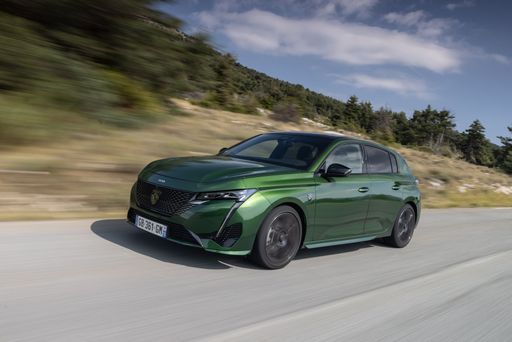
Peugeot 308
Peugeot 308
The Peugeot 308 brings a sleek, feline profile and an unexpectedly upscale cabin, with clever packaging and materials that feel a touch more premium than you might expect. It’s composed on the road, easy to live with for daily life, and a smart choice if you want a stylish hatch that still behaves when the road gets interesting.
details
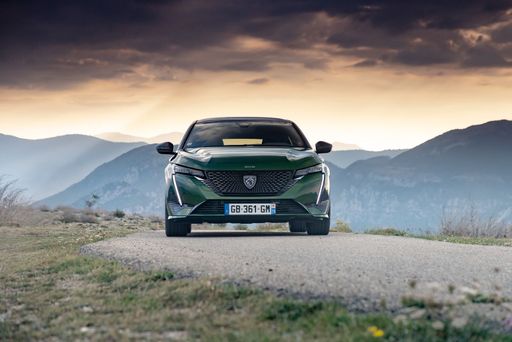
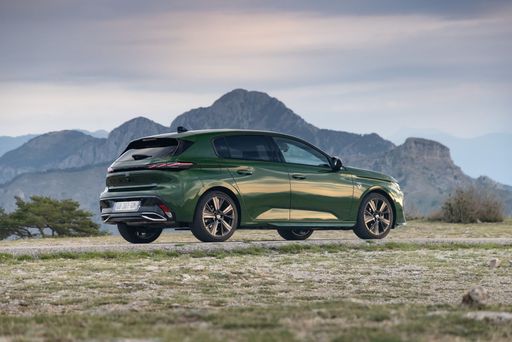
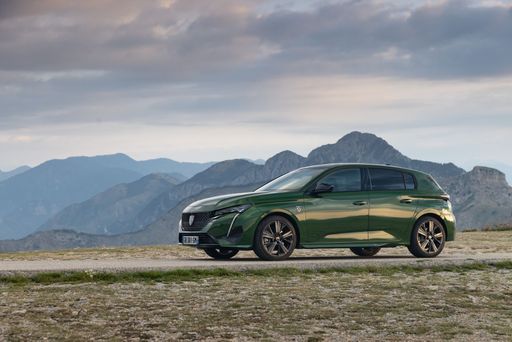
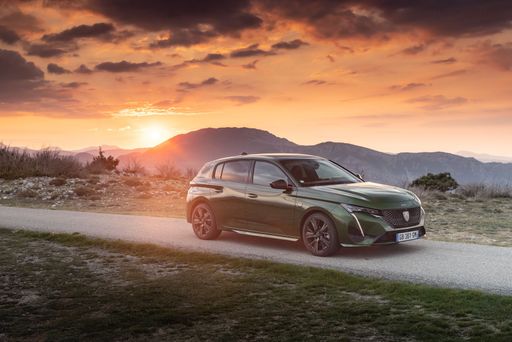
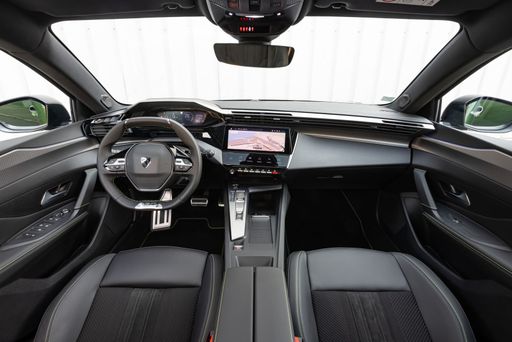
VW T-Cross
The VW T-Cross turns everyday practicality into a style statement, offering a roomy-feeling cabin, clever storage and playful design that suits town life and family duties alike. On the road it's composed and relaxed, rewarding buyers who want the raised seating and confident presence of an SUV without the weighty compromises.
details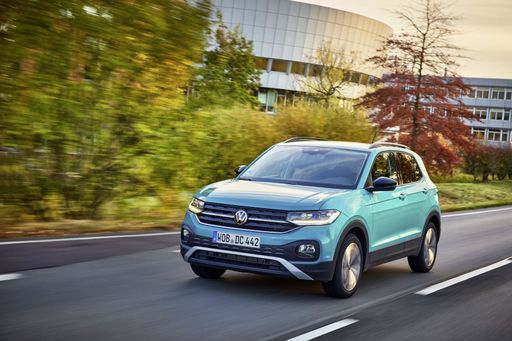
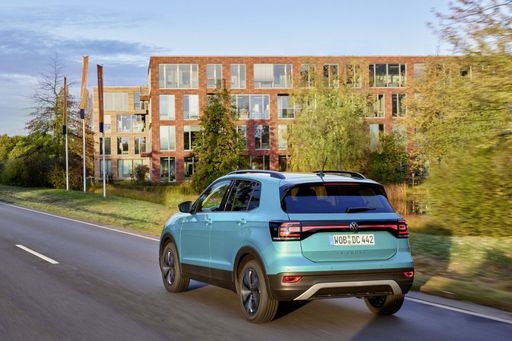
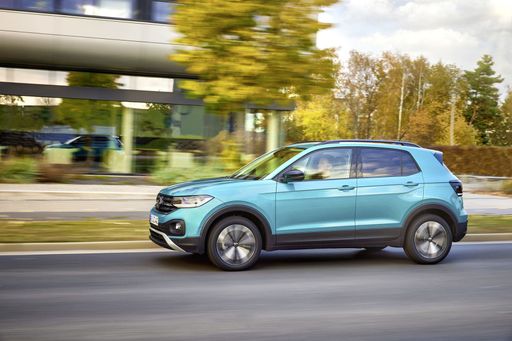
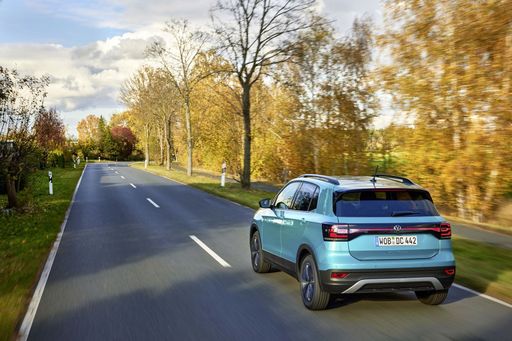
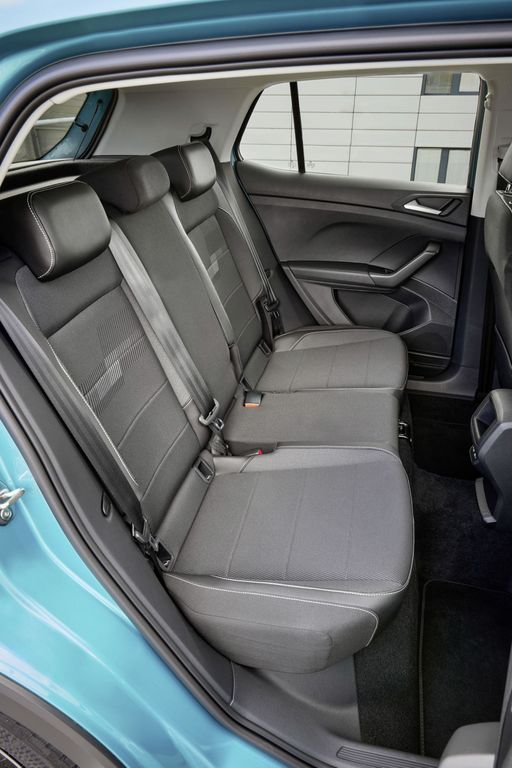
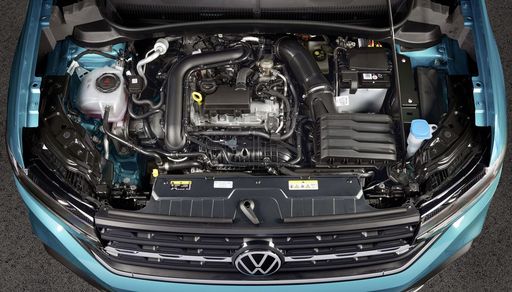
Costs and Consumption |
|
|---|---|
|
Price
29200 - 42600 £
|
Price
21400 - 32000 £
|
|
Consumption L/100km
2.3 - 5 L
|
Consumption L/100km
5.4 - 6 L
|
|
Consumption kWh/100km
15.60 kWh
|
Consumption kWh/100km
-
|
|
Electric Range
78 - 450 km
|
Electric Range
-
|
|
Battery Capacity
0.40 kWh
|
Battery Capacity
-
|
|
co2
0 - 129 g/km
|
co2
124 - 136 g/km
|
|
Fuel tank capacity
42 - 52 L
|
Fuel tank capacity
-
|
Dimensions and Body |
|
|---|---|
|
Body Type
Hatchback
|
Body Type
SUV
|
|
Seats
5
|
Seats
5
|
|
Doors
5
|
Doors
-
|
|
Curb weight
1453 - 1749 kg
|
Curb weight
1267 - 1338 kg
|
|
Trunk capacity
314 - 412 L
|
Trunk capacity
455 L
|
|
Length
4367 mm
|
Length
-
|
|
Width
1852 mm
|
Width
1784 mm
|
|
Height
1438 mm
|
Height
-
|
|
Max trunk capacity
1258 - 1323 L
|
Max trunk capacity
-
|
|
Payload
430 - 503 kg
|
Payload
463 - 480 kg
|
Engine and Performance |
|
|---|---|
|
Engine Type
Petrol MHEV, Diesel, Plugin Hybrid, Electric
|
Engine Type
Petrol
|
|
Transmission
Automatic
|
Transmission
Manuel, Automatic
|
|
Transmission Detail
Dual-Clutch Automatic, Automatic Gearbox, Reduction Gearbox
|
Transmission Detail
Manual Gearbox, Dual-Clutch Automatic
|
|
Drive Type
Front-Wheel Drive
|
Drive Type
Front-Wheel Drive
|
|
Power HP
131 - 195 HP
|
Power HP
95 - 150 HP
|
|
Acceleration 0-100km/h
7.6 - 10.6 s
|
Acceleration 0-100km/h
8.4 - 11.3 s
|
|
Max Speed
170 - 225 km/h
|
Max Speed
-
|
|
Torque
230 - 300 Nm
|
Torque
175 - 250 Nm
|
|
Number of Cylinders
3 - 4
|
Number of Cylinders
3 - 4
|
|
Power kW
96 - 144 kW
|
Power kW
70 - 110 kW
|
|
Engine capacity
1199 - 1598 cm3
|
Engine capacity
999 - 1498 cm3
|
General |
|
|---|---|
|
Model Year
2025
|
Model Year
2024 - 2025
|
|
CO2 Efficiency Class
C, D, B, A
|
CO2 Efficiency Class
D, E
|
|
Brand
Peugeot
|
Brand
VW
|
Is the Peugeot 308 offered with different drivetrains?
Available configurations include Front-Wheel Drive.




